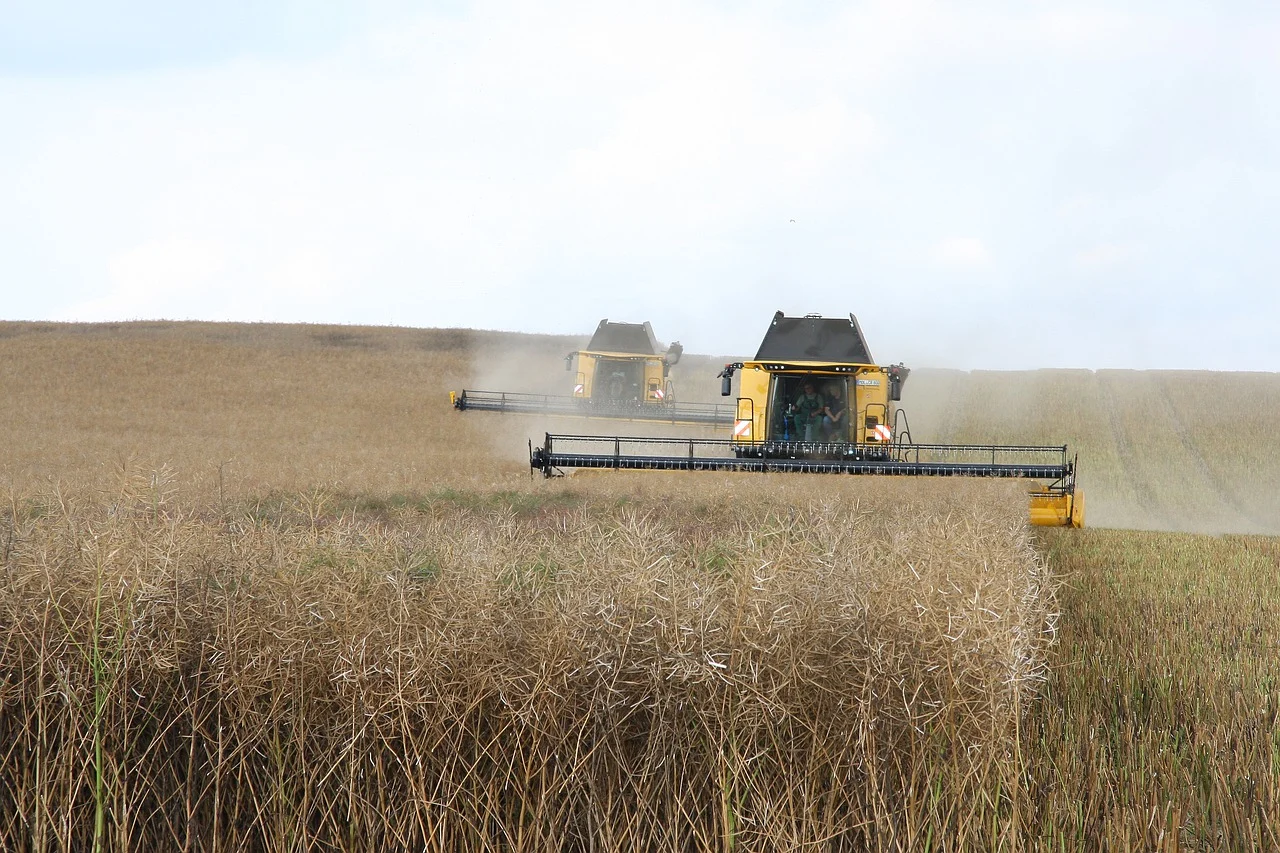Enraged Farmers Are Causing a Transformation in Europe

In Europe, the resounding echoes of farmers’ protests reverberate through the corridors of power, marking a transformative moment in the continent’s food landscape and political sphere. Take Brussels, where only a couple months ago farmers were spraying manure and throwing bottles at the police. Across multiple nations, from France to Poland, an outbreak of discontent among agricultural workers has erupted into a movement challenging established policies and demanding systemic change. As tractors blockade highways and fields transform into arenas of dissent, the farmers’ protests are rewriting the script of Europe’s food system and its politics.
At the heart of these protests lies a network of grievances, ranging from concerns over plummeting incomes to frustration with agricultural policies perceived as favouring large corporations over small-scale farmers. The rallying cry for fairer prices, environmental sustainability, and greater autonomy resonates deeply among those labouring the land, who feel increasingly disparaged in an industrialised agricultural landscape.
In France, the birthplace of the European agricultural protest movement, farmers have taken to the streets, decrying the stranglehold of supermarkets and demanding a fair share of the consumer’s euro. The iconic images of tractors converging on Paris, their presence symbolic of rural defiance, have captured the attention of a nation grappling with the widening urban-rural divide.
Similarly, in Poland, where agriculture forms the backbone of the economy, farmers have mobilised against government policies perceived as undermining their livelihoods. Protesters demand an end to land grabs by foreign investors, like Ukraine, and call for greater protection of family farms against encroaching industrialization.
The significance of these protests extends beyond the agricultural sector, resonating with broader societal concerns around food security, environmental sustainability, and social justice. In an era marked by climate change and heightened awareness of ecological fragility, the role of agriculture in shaping the future of our planet has never been more important.
Indeed, the farmers’ protests serve as a strong reminder of the interconnectedness of food systems and politics, highlighting the need for holistic approaches to address the quantity of challenges facing agriculture in the 21st century. From the degradation of soil health to the loss of biodiversity, the sustainability of Europe’s food system hinges on a paradigm shift towards more regenerative practices.
In response to the protests, governments across Europe are being forced to reckon with the demands of their agricultural constituents, grappling with the delicate balance between economic imperatives and social justice. The European Union, long criticised for its agricultural policies favouring industrialization and export-oriented agriculture, faces mounting pressure to chart a new course that prioritises the needs of farmers and consumers alike.
In Brussels, the epicentre of European policymaking, debates rage over the future of the Common Agricultural Policy (CAP), the EU’s flagship agricultural program. Reform efforts are underway to align the CAP with sustainability goals, redirecting subsidies towards environmentally friendly practices and supporting small-scale farmers.
However, the road to reform is fraught with obstacles, as vested interests and established power dynamics impede progress towards a more equitable and sustainable food system. The farmers’ protests serve as an important reminder of the urgency of this task, urging civil society and policymakers alike to confront the systemic inequities that plague Europe’s agricultural sector.
As tractors continue to roll and voices of dissent grow louder, the farmers’ protests are reshaping the contours of Europe’s food system and politics, ushering in a new era of resilience, sustainability, and social justice. In the fields and streets, the struggle for a fairer and more sustainable future for agriculture rages on, reminding us that the seeds of change are sown not only in the soil but in the hearts and minds of those who tend it.



